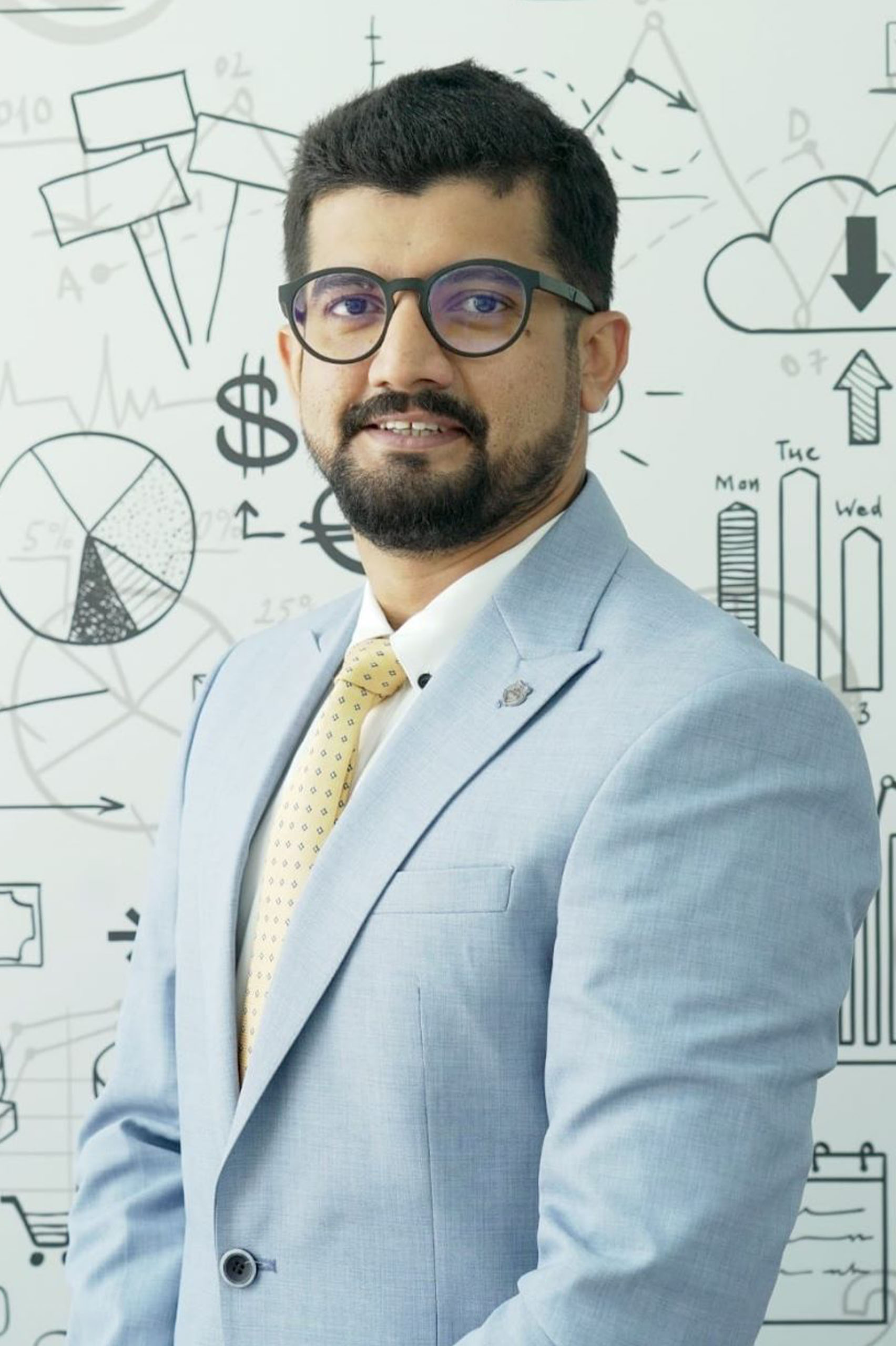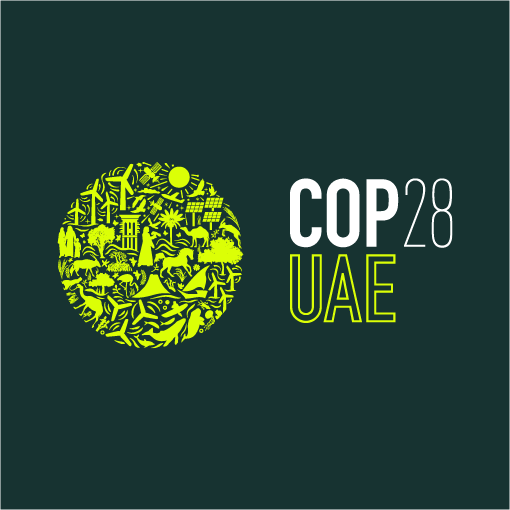COURSE
Smart Future Farms – Indoor Vertical Farming
REGISTRATION DEADLINE
November 15, 2023duration
4 weeksDelivery Method
Face-to-face or Online*VR - IMMERSIVE LEARNING
Experience the future of learning in our metaverse classroom, powered by VRWhy choose this course?
Position yourself at the forefront of a rapidly-evolving industry
Network confidently with your global industry peers
Drive policy change and transition towards sustainable mobility management
Gain a competitive edge in your industry
Foster creativity and promote innovation in your organization hub
Identify investment opportunities and capitalize on emerging trends
Explore the latest strategies and technologies for sustainable food management
Master design & implementation of sustainable food management solutions
Support UAE and global agendas at COP28 beyond
course topics
key takeaways
Discuss the challenges and opportunities of the global agricultural sector and, the key considerations for urban food production.
Understand the evolution of soilless and controlled environment agriculture in indoor Vertical Farming to anticipate the future through technology.
Develop a framework to identify the critical stakeholders and factors to manage a successful Indoor Vertical Farm.
Calculate the unit economics and environmental sustainability impact of an Indoor Vertical Farming project for localized food production.
Explore the intersection of the United Nations SDGs and Indoor Vertical Farming.
who is this course for?
Real estate developers and their employees.
A broader audience interested in using this knowledge to build better tomorrow for future generations.
Academics or researchers in the field of environmental science or agriculture and food management.
Environmental engineers, Process engineers, Civil engineers, Project engineers, Sustainability Specialists / Engineers / Consultants.
Government agencies responsible for environmental regulations and policy development.
course instructors
SEE Institute courses are created and delivered by the leading industry and education experts, who are at the forefront of sustainable change.
Our faculty comprises experienced engineers who possess practical knowledge and skills for creating sustainable cities and are making headlines with their innovative perspectives.
By joining us, participants have the unique opportunity to learn from and network with our experts, gaining valuable insights and connections that can benefit their personal and professional growth.
Dr. Mohamed Irfan
Program Director
Dr. Irfan is our experienced Program Director responsible for continuously evolving our curriculum to anticipate future developments and innovation.
He works closely with leading experts to expose students to diverse perspectives and uses unique innovation frameworks and strategies to help students move from concept to action, fostering a culture of continuous learning and growth. Go from ‘thinking’ to ‘doing’ with Dr. Irfan’s guidance and expertise. He manages programs with world-class faculty to provide students with the highest quality education.
register now
Please fill up the form below





